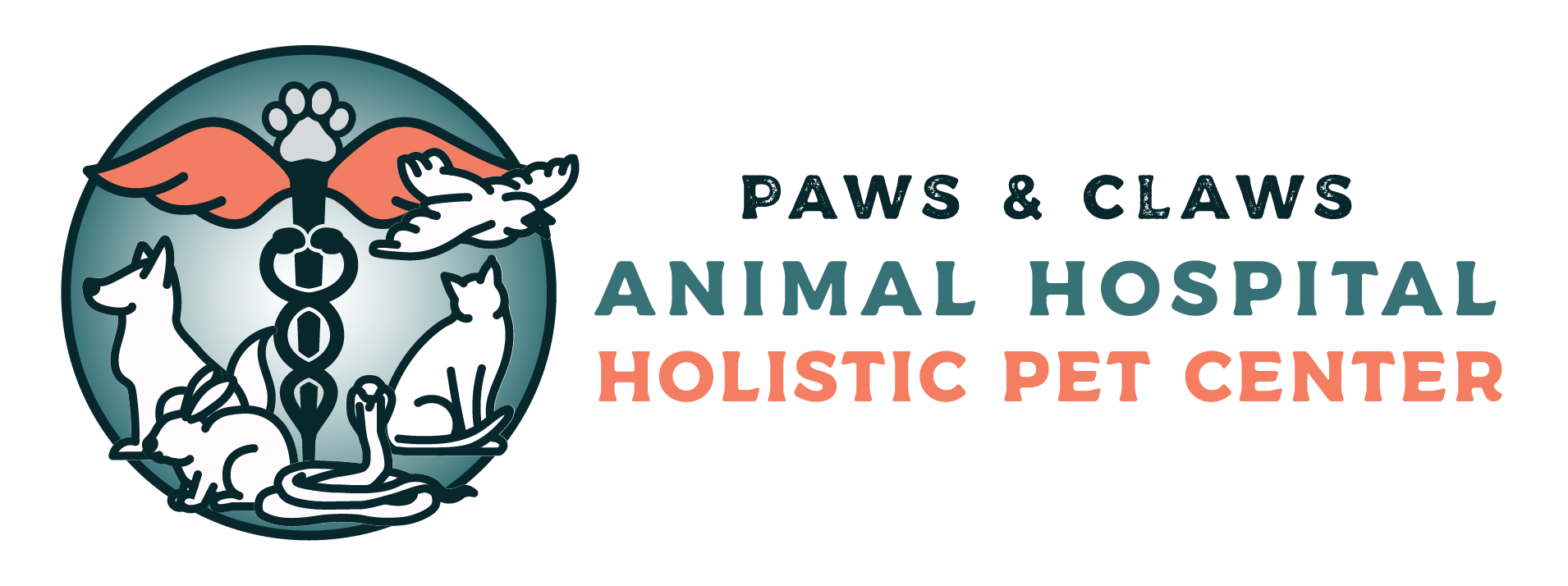There’s been a lot of information in the recent media about the latest strain of human coronavirus, but nothing about pets and how they fit into this picture. In this short article I wanted to briefly discuss coronavirus and pets.
Dogs can become infected with a canine coronavirus. It is fairly species-specific and will not infect people but can infect cats (without causing clinical disease in naturally infected cats.) Most infected dogs do not show symptoms and recover without showing signs of infections; young puppies may exhibit mild diarrhea.
Cats have their own coronavirus that like dogs usually causes an asymptomatic infection or mild diarrhea or respiratory infection (especially in kittens.) However, this coronavirus, for unknown reasons, can mutate in the GI tract and transform into the (usually) lethal feline infectious peritonitis (FIP) virus (this occurs in about 10% of infected cats.) Again this feline cornonavirus will not infect dogs or people and only infects felids. (A curious note is that cats can become infected with the human SARS coronavirus experimentally and naturally but do not become ill, and the original SARS virus was suspected to have originated from a mongoose.) As with the human coronavirus, canine and feline coronaviruses can survive outside of the pet’s body for a period of time (especially in a colder environment) but are easily killed with most detergents or disinfectants.
So how do dogs and cats fit into the current picture of the human coronavirus?
First, it’s unlikely the pet will become infected and serve as a source of infection for people.
Second, dogs and cats that develop their own coronaviral diseases will not infect people and contribute to the current spread of the human disease.
Third, by serving as fomites (objects that can carry an infectious organism,) dogs and cats MAY infect other family members IF the currently infected family member gets infected material (saliva, respiratory droplets, etc.) onto the skin or hair of the pet and another uninfected family member contacts the infected material on the pet. To be safe, it may be wise to keep the family pet away from the infected family member of at least have the infected family member bathe and/or wipe the pet’s coat with a wet washcloth before the pet is exposed to uninfected family members.
Finally, keep in mind that maintaining proper blood levels of vitamin D in people and in pets is important in minimizing infectious diseases. If you or your pet have not had recent vitamin D testing and started appropriate supplementation, this is a good wake-up call to do just this.
Shawn Messonnier DVM, is the owner of Paws & Claws Holistic Animal Hospital in Plano, Texas, and an award-winning author and radio show host (Martha Stewart Radio.)
